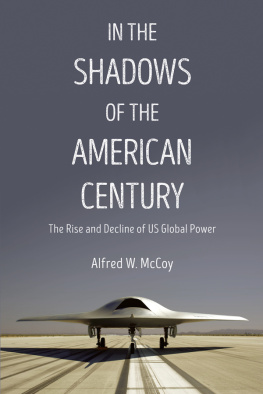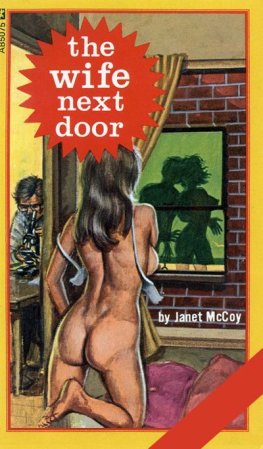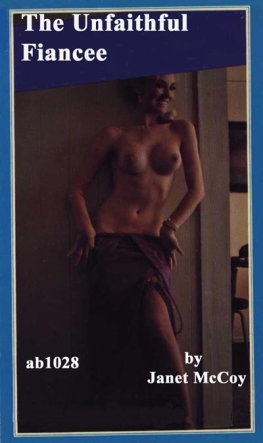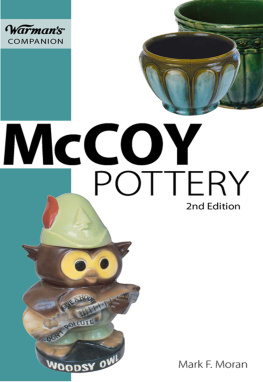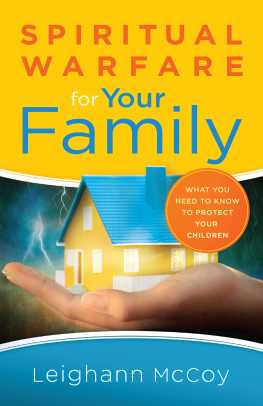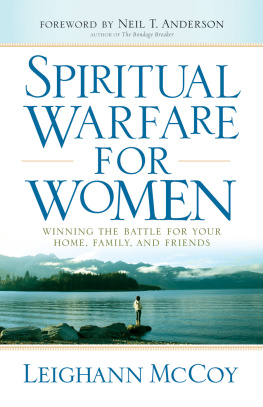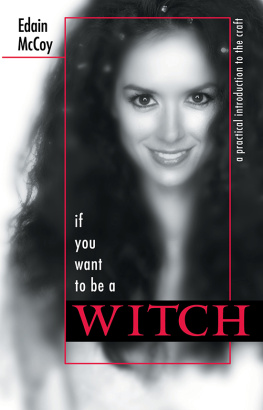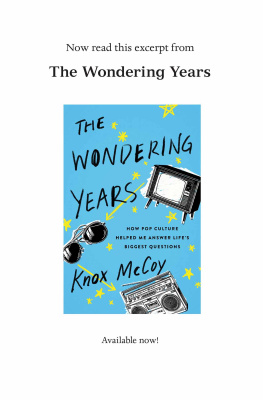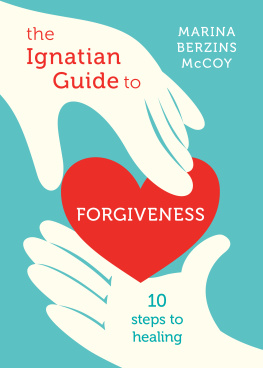Praise for In the Shadows of the American Century
One of our best and most underappreciated historians takes a hard look at the truth of our empire, both its covert activities and the reasons for its impending decline.
OLIVER STONE, Academy Awardwinning director of Platoon
In the Shadows of the American Century persuasively argues for the inevitable decline of the American empire and the rise of China. Whether or not one is a believer in American power, the case that Alfred McCoy makesthat much of Americas decline is due to its own contradictions and failuresis a sad one. He provides a glimmer of hope that America can ease into the role of a more generous, more collaborative, if less powerful, world player. Lets hope that Americans will listen to his powerful arguments.
Viet THANH NGUYEN, Pulitzer Prize-winning author of The Sympathizer
What is the character of this American empire? Alfred McCoy asks at the outset of this provocative study. His answer not only limns the contours of the American imperium as it evolved during the twentieth century but explains why its days are quite likely numbered. This is history with profound relevance to events that are unfolding before our eyes.
ANDREW J. BACEVICH, author of Americas War for the Greater Middle East: A Military History
Al McCoy has guts. He helped put me on the path to investigative journalism.
JEREMY SCAHILL, founding editor of the Intercept and author of Blackwater and Dirty Wars
Alfred McCoy offers a meticulous, eye-opening account of the rise, since 1945, and impending premature demise of the American Century of world domination. As the empires political, economic, and military strategies unravel under cover of secrecy, Americas neglected citizens would do well to read this book.
ANN JONES, author of They Were Soldiers
Sobering reading for geopolitics mavens and Risk aficionados alike.
KIRKUS REVIEWS
McCoys detailed, panoramic analysis of the past, present, and future of the American empire covers all spheres of activity including not just land, sea, air, space, and cyberspace but also the netherworld of covert operationsand seasons all of this with some fascinating personal vignettes. His new book, In the Shadows of the American Century, joins the essential short list of scrupulous historical and comparative studies of the United States as an awesome, conflicted, technologically innovative, routinely atrocious, and ultimately hubristic imperial power.
JOHN DOWER, Pulitzer Prize-winning author of Embracing Defeat and The Violent American Century
In the Shadows of the American Century
The Rise and Decline of US Global Power
Alfred W. McCoy

Dispatch Books

Haymarket Books
Chicago, IL
2017 Alfred W. McCoy
Published in 2017 by
Haymarket Books
P.O. Box 180165
Chicago, IL 60618
773-583-7884
www.haymarketbooks.org
ISBN: 978-1-60846-773-0
Trade distribution:
In the US, Consortium Book Sales and Distribution, www.cbsd.com
In Canada, Publishers Group Canada, www.pgcbooks.ca
In the UK, Turnaround Publisher Services, www.turnaround-uk.com
All other countries, Ingram Publisher Services International,
This book was published with the generous support of Lannan Foundation and Wallace Action Fund.
Cover Photo: The Boeing Companys Phantom Ray Unmanned Combat Air System making its maiden flight in April 2011 at Edwards Air Force Base, California. Courtesy of the Boeing Company. Cover design by Eric Kerl.
Printed in Canada by union labor.
Library of Congress Cataloging-in-Publication data is available.
10 9 8 7 6 5 4 3 2 1

For Mary, who inspired these thoughts
Maps and Graphs
Introduction
US Global Power and Me
Throughout my long life in this country, America has always been at war. Short wars, long wars, world war, Cold War, secret war, surrogate war, war on drugs, war on terror, but always some sort of war. While these wars were usually fought in far-off countries or continents, sparing us the unimaginable terrors of bombing, shelling, and mass evacuation, their reality invariably lurked just beneath the surface of American life. For me, they were there in the heavy drinking and dark moods of my father and his friends, combat veterans of World War II; in the defense industries that employed him and most of the men I knew growing up; in the state surveillance that seemed to follow my family; in the bitter antiwar protests that divided the country during my college years; and in the endless war on terror that has stumbled ever onward since 2001.
I was born in 1945 at the start of an American Century of untrammeled global dominion. For nearly eighty years, the wars fought to defend and extend that vision of world power have shaped the American characterour politics, the priorities of our government, and the mentality of our people. If Americans aspired to govern the world like ancient Athenians, inspiring citizens and allies alike with lofty ideals, we acted more like Spartans, steeling our sons for war from childhood and relegating their suffering to oblivion as adults. Yet it was that Athenian aspiration to dominion that led this country into one war after another. It was that unbending ambition for a global Pax Americana that has allowed war to shape this countrys character.
At great personal cost for those who fought such wars, this country has won not only a kind of security but unprecedented power and prosperity. At the end of World War II, the United States, alone among the planets developed nations, had been spared its mass destruction. America emerged from historys most destructive conflict as an economic powerhouse responsible for more than half the worlds industrial output, consuming much of its raw materials, possessing its strongest currency, and girding the globe with its armed forces and their garrisons. The Soviet Unions implosion at the close of the Cold War in 1991 again left America the richest, most powerful, most productive nation on the planet.
Though we would live our lives in the shadow of war and empire, my postwar baby boom generation was also privileged to grow up in a relatively safe society with a superior education system, excellent health care, affordable food, and opportunities once available only to aristocrats. None of this happened by accident. Every advantage came with a price paid at home and abroad by Americans and many others. Our countrys global power was first won in a world war that left fifty million dead. It was maintained throughout the Cold War by covert interventions to control foreign societies, a global military presence manifest in hundreds of overseas bases, and the rigorous suppression of domestic dissent. In the quarter century since the Cold Wars end, however, Americas social contract has frayed. The old bargain, shared sacrifice for shared prosperity, has given way, through Washingtons aggressive promotion of a global economy, to a rising disparity of incomes that has eroded the quality of middle-class life.
As an aspiring historian since seventh grade, I have remained more observer than actor, trying to make sense of the changing relationship between America and the world, attempting to understand our complex form of state power and our distinctive way of governing the globe. I consider myself fortunate to have grown up among middle-class families that served this state as soldiers, engineers, and later, on occasion, senior officials.
Next page
